Why My Dog Has Diarrhea and Vomiting but Seems Fine?
Coming home from work to find your dog vomiting and having loose stool can be alarming. When your dog has diarrhea and is also throwing up, it's a clear signal that something is wrong. In this article, we’ll explore the most common causes and how to respond appropriately when my dog has diarrhea but is acting fine.
1. Poor Diet: A Tummy Disaster From the Wrong Food
Dog having diarrhea is often linked to eating mistakes. Dogs are curious and impulsive eaters, so it's not uncommon for them to ingest something harmful.
Foreign objects: Dogs might chew and swallow things like socks, plastic, or toys. These irritate the stomach, leading to vomiting and diarrhea. For instance, chewing a stuffed toy and swallowing its filling could cause a blockage.
Food allergy or intolerance: Some dogs are sensitive to ingredients like dairy, beef, or wheat. This can trigger immune responses such as vomiting, loose stool, and even skin reactions. Abruptly switching dog food can also upset their stomach.
Overeating: Giving your dog too much food or fatty scraps can overwhelm their system. They may vomit undigested food and develop diarrhea with residue in the stool.
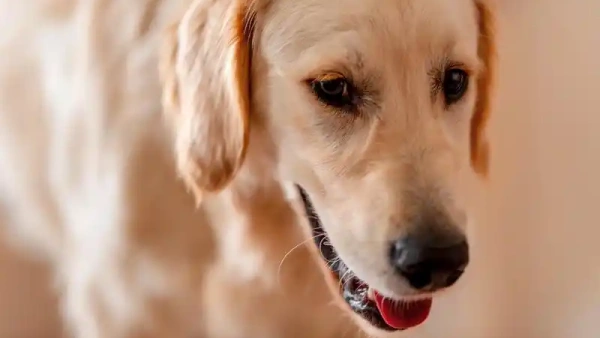
2. Health Problems: Body Warning Signs
There are serious health conditions that could explain why my dog has diarrhea and vomiting. These require urgent attention.
Gastroenteritis: Infections from bacteria (like E. coli), viruses (like parvo), or parasites can inflame the digestive system. Symptoms include diarrhea, vomiting, fever, lethargy, and appetite loss. Puppies are especially vulnerable.
Parasites: Worms and protozoa can damage your dog’s intestines. Signs include weight loss, white worms in stool, and weakness.
Pancreatitis: A fatty diet or gallbladder issues can lead to pancreatitis. Your dog might throw up yellow bile, have smelly diarrhea, and show belly pain, like hunching or avoiding touch.
Other diseases: Kidney or liver disease, as well as diabetes, can affect digestion. Look out for increased thirst, urination, and weight changes.
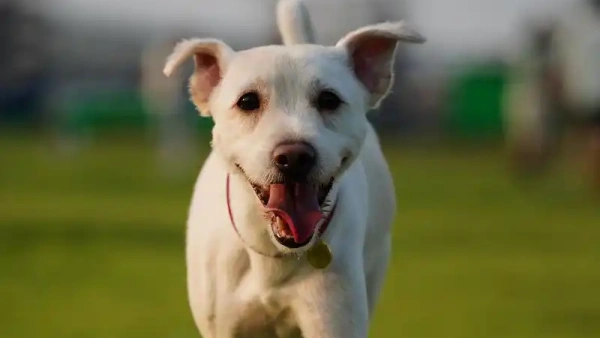
3. Environment and Stress: The Invisible Triggers
Don’t overlook emotional and environmental factors. A dog having diarrhea and vomiting might be reacting to:
New environment: Moving homes or traveling can cause anxiety. Stress hormones disrupt digestion and may trigger vomiting or loose stool.
Weather changes: Cold temperatures can cause stomach spasms, while heat can reduce appetite and cause diarrhea if feeding routines change.
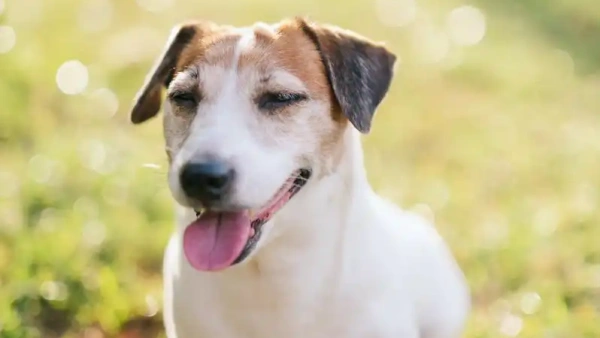
4. Smart Treatment: Responding Based on the Cause
When my dog has diarrhea, don’t rush to medicate. Act based on the situation:
Poor diet: Fast for 6–12 hours, but give water to prevent dehydration. Then feed bland food like rice or boiled chicken. Seek help if symptoms persist or foreign objects are involved.
Illness: Visit a vet for blood, stool, or imaging tests. Treatment may include fluids, antivirals, or deworming meds.
Stress: Provide a calm space with familiar items. Probiotics can aid gut recovery. If no improvement, consult a vet.
Everything Our Vets Recommend
FAQ - Why My Dog Has Diarrhea and Vomiting but Seems Fine?
Q: What causes mild diarrhea and vomiting in dogs?
A: Common causes include dietary indiscretion, mild infections, or stress.
Q: When should I worry about my dog’s symptoms?
A: If symptoms persist over 24 hours, worsen, or are accompanied by lethargy or blood, see a vet immediately.
Q: Can I treat mild symptoms at home?
A: Yes, with temporary fasting, hydration, and bland food, but only if your dog is otherwise healthy.
Conclusion: Know the Cause, Help Your Dog Heal
Although it’s stressful when my dog has diarrhea but is acting fine, understanding the cause helps in choosing the right treatment. From diet mishaps to infections or stress, your dog can recover fast with the right care. Maintain good feeding habits, deworm regularly, and monitor their surroundings.
Do you have experience caring for a sick dog? Share your tips in the comments and help other pet lovers!
You May Like:
- Best Probiotics for Dogs with Diarrhea: How to Choose and Use Safely
- Why My Dog Has Diarrhea and Vomiting but Seems Fine?
- What to Do If Dog Has Diarrhea: Fast Home Remedies & Vet Advice
- Best Bland Diet for Dogs with Diarrhea: What to Feed and When
User Comments
Does flea treatment kill ear mites too?
Can dogs take human probiotics?
Can dogs have people probiotics safely?
Related Articles
View all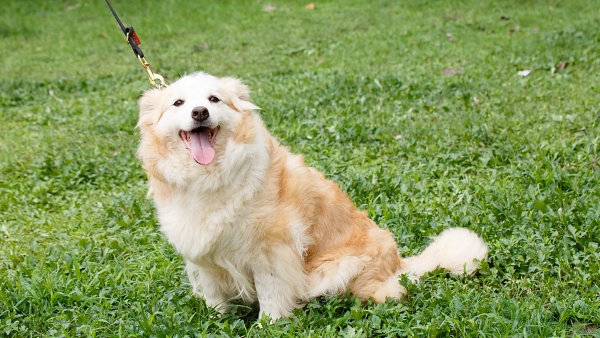
Do Probiotics for Dogs Help with Diarrhea? A Complete Pet Owner’s Guide

Home Remedy for Dog Upset Stomach – Safe and Effective Tips

Best Probiotics for Dogs with Diarrhea: How to Choose and Use Safely

Why My Dog Has Diarrhea and Vomiting but Seems Fine?

Do Probiotics for Dogs Help with Diarrhea? A Complete Pet Owner’s Guide

Home Remedy for Dog Upset Stomach – Safe and Effective Tips

Best Probiotics for Dogs with Diarrhea: How to Choose and Use Safely

Why My Dog Has Diarrhea and Vomiting but Seems Fine?
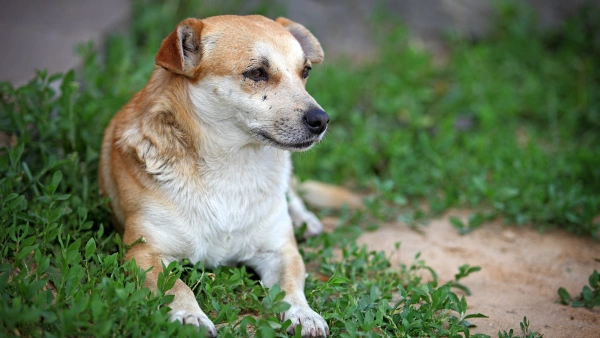

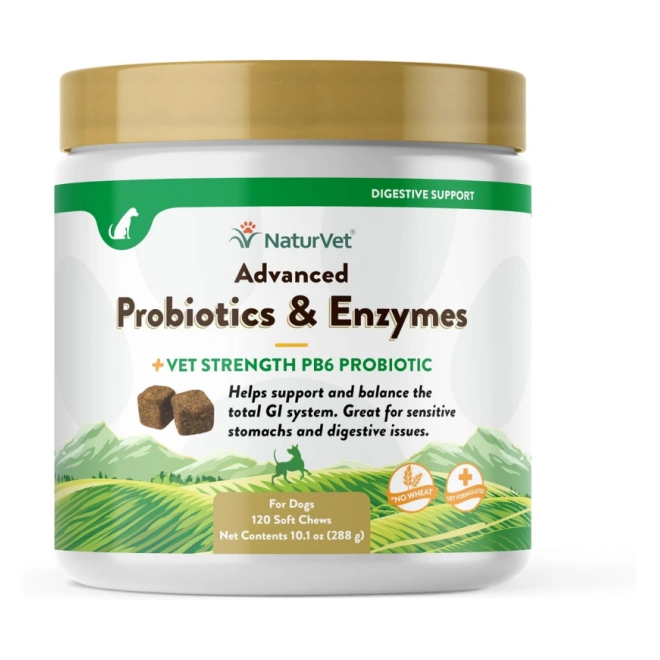
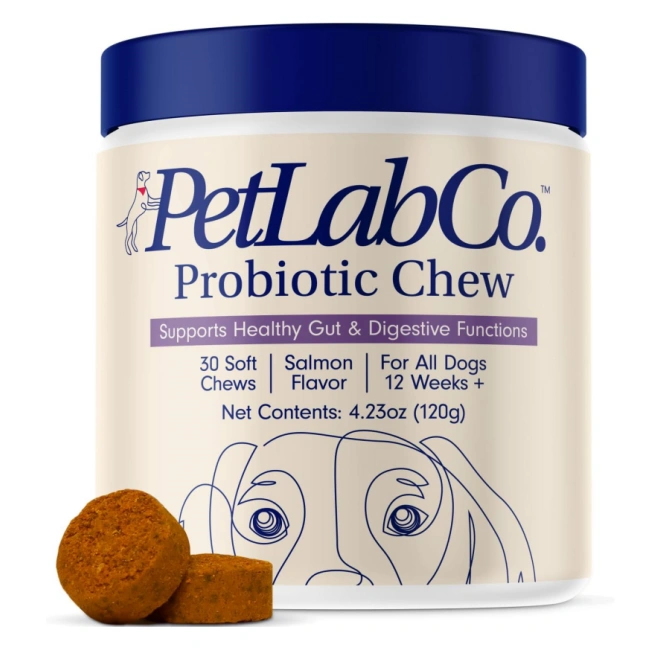
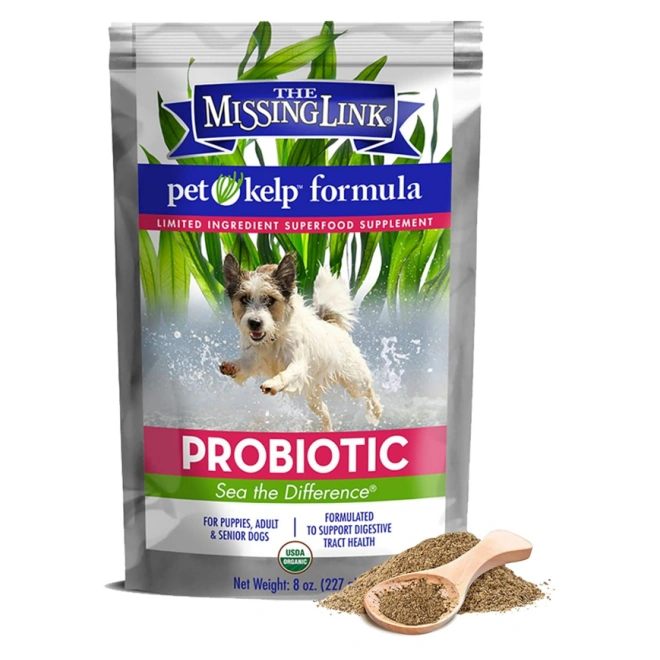
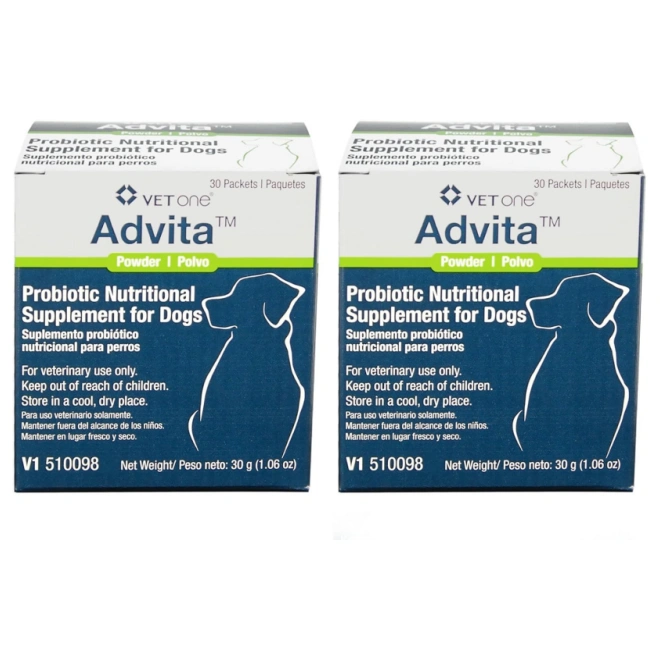








Leave a Reply